
Ms. Robyn McGuckin, Executive Director, Partnering for Green Growth and the Global Goals 2030 (P4G)
The Vietnamese Government has remained firmly committed to and proactive in promoting green growth and creating an environment conducive to sustainable development, as clearly demonstrated through pioneering and progressive policies. Notably, Vietnam’s efforts have not only encouraged businesses, from small and medium-sized enterprises (SMEs) to large corporations, to transition towards greener operations, but have also helped them see this transition as a real opportunity for growth, innovation, and the building of a more sustainable and resilient future. This progress reflects strong collaboration between the public and private sectors, and the Vietnamese Government deserves recognition for its achievements.
What’s most crucial now is to maintain and build upon this momentum. Sustained policy continuity and a clear regulatory framework are essential to guide businesses in navigating the green transition, knowing how to adapt, how to operate, and how to align with national sustainability goals. Equally important is the provision of catalytic funding and support, especially for startups and SMEs.
Many of these enterprises are also offering critical and urgently-needed solutions such as clean energy, green transportation, and clean water, all addressing the growing demands of society. Therefore, access to funding during this phase is vital and can determine whether a business survives and thrives.
Looking ahead, we are eager to expand our cooperation with Vietnam, with many promising initiatives being implemented under the P4G Summit framework. These include startup support programs, green growth market mapping activities, and the application of digital technology and AI to support the development of innovative enterprises.
I believe Vietnam is currently standing at a particularly significant crossroads in the field of green growth. This is not only a chance to develop solutions that meet domestic needs, but also an opportunity to bring those innovations to regional and international markets.
We are committed to continuing our support for our startup partners in Vietnam, helping them enhance their fundraising readiness, from improving pitch presentations and building compelling financial profiles to connecting with potential investors. Through this approach, we hope that innovative green enterprises in Vietnam will not only survive but thrive, contributing to the country’s sustainable future and generating positive global impact.
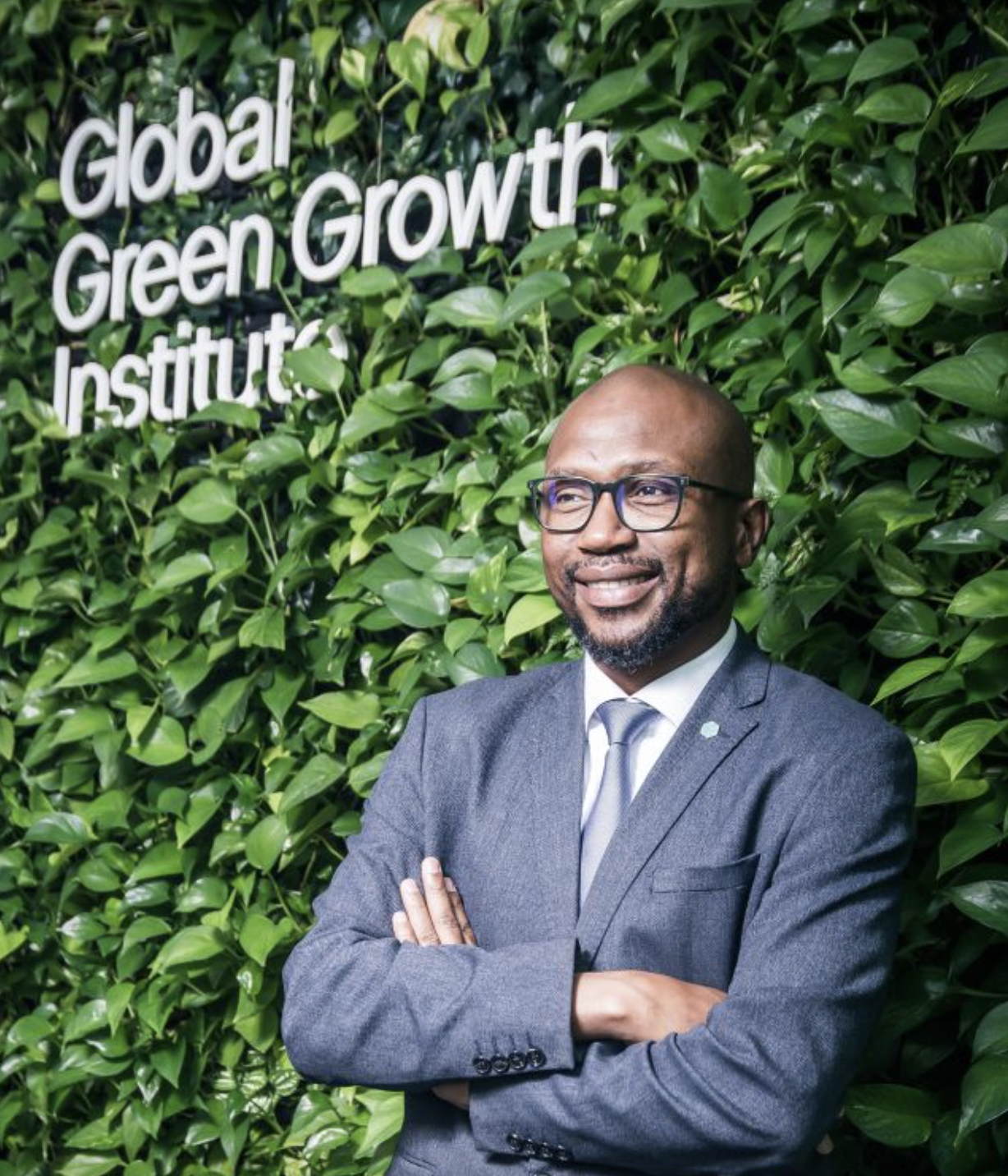
Dr. Mallé Fofana, Global Executive and ASIA Regional Director, Global Green Growth Institute (GGGI)
I believe the Vietnamese Government truly understands the vital role of policy in driving green growth. It’s encouraging to see that they also recognize the real-world challenges faced by startups and climate tech innovators, especially when it comes to accessing finance, navigating regulatory frameworks, and transitioning from traditional, carbon-intensive activities to more sustainable practices.
Green policies are not only the foundation for attracting green investment, but also act as a catalyst to accelerate the implementation of climate solutions. At present, Vietnam is exploring innovative policies, such as integrating AI into emissions management and reductions. AI holds the potential to cut emissions by 5-10 per cent over the next few years, and establishing a supportive policy environment for its application is a strategic and forward-looking move.
Another notable effort by the Vietnamese Government is the development of a green startup ecosystem map, which helps identify where each enterprise stands on its development journey and what challenges they face. This allows support to be more targeted and effective, ranging from the incubation to growth stages. Importantly, a significant portion of emission reductions is expected to come from technologies currently in their early stages of development. Therefore, prioritizing support for startups and climate innovation enterprises is critically important, not only for advancing the green economy but also for contributing meaningfully to national goals on emission reduction and climate change adaptation.
Vietnam is now demonstrating clear leadership in the green transition. The government is not only partnering with the private sector but also treating climate action as a global responsibility. Smart, consistent, and long-term policies will play a pivotal role in mitigating risks, boosting investor confidence, and channeling capital into Vietnam’s green and sustainable sectors.
In addition, financial tools such as de-risking mechanisms and blended finance will be essential solutions for Vietnam. These tools help lower investment barriers and create opportunities for the private sector to invest more boldly in green sectors. When combined with tax incentives or clear regulatory frameworks, they can further reveal the true potential of green innovation to businesses.
Ultimately, policy is part of a broader, long-term framework aligned with Vietnam’s net-zero emissions targets for 2030 and 2050. A stable, transparent, and consistent ecosystem will pave the way for climate startups, venture capital funds, and both public and private sectors to contribute effectively to Vietnam’s sustainable development goals in the years to come.

Mr. Bruno Jaspaert, Chairman, EuroCham Vietnam, and General Director, DEEP C Industrial Zones
A country like Vietnam is at a crossroads, where it must be ready to embrace sustainability, drive innovation forward, and position itself as a regional leader. Doing so will allow it to distinguish itself from other investment destinations. Change is never easy - it demands hard work, effort, and energy.
However, the process of sustainable development requires commitment, effort, and strong coordination from multiple parties. The biggest barriers we currently face include limited local management capacity, a lack of training opportunities, difficulties accessing green finance, and policy-related obstacles.
For example, Deep C is one of the pioneers in applying the new eco-industrial park standards developed by the UN Industrial Development Organization (UNIDO), and Vietnam is among only a few countries that have integrated these standards into its legal system. As a leader in this field, we have never requested financial support or received any incentives. However, if we want more developers to follow this path, it is essential to have discussions about the forms of public sector support for the private sector, especially in the development of green infrastructure.
We need to frankly acknowledge that developing sustainable infrastructure is often very costly. If Vietnam wants to expand the eco-industrial park model, there needs to be creative support mechanisms. It doesn’t necessarily have to be financial, as support can come in the form of time, such as extending land lease durations, or prioritizing research and development activities.
Vietnamese authorities have told me many times that the country wants to bring more innovation into the country. That’s no easy task. We need to create the right conditions to make it happen. A fixed tax rate might not be the most important factor. What matters is ensuring companies are motivated to bring innovation to Vietnam. That means smart incentives, like activities with a different social tax rate, investments that can be depreciated differently, or special tax statuses for foreign experts.
In addition, activities that require specialized skills and are also vital to Vietnam should be earmarked, and we need to focus on those skills. It is crucial to overhaul Vietnam’s education system so that the skills of its people align with the needs of investors who want to bring innovation here.
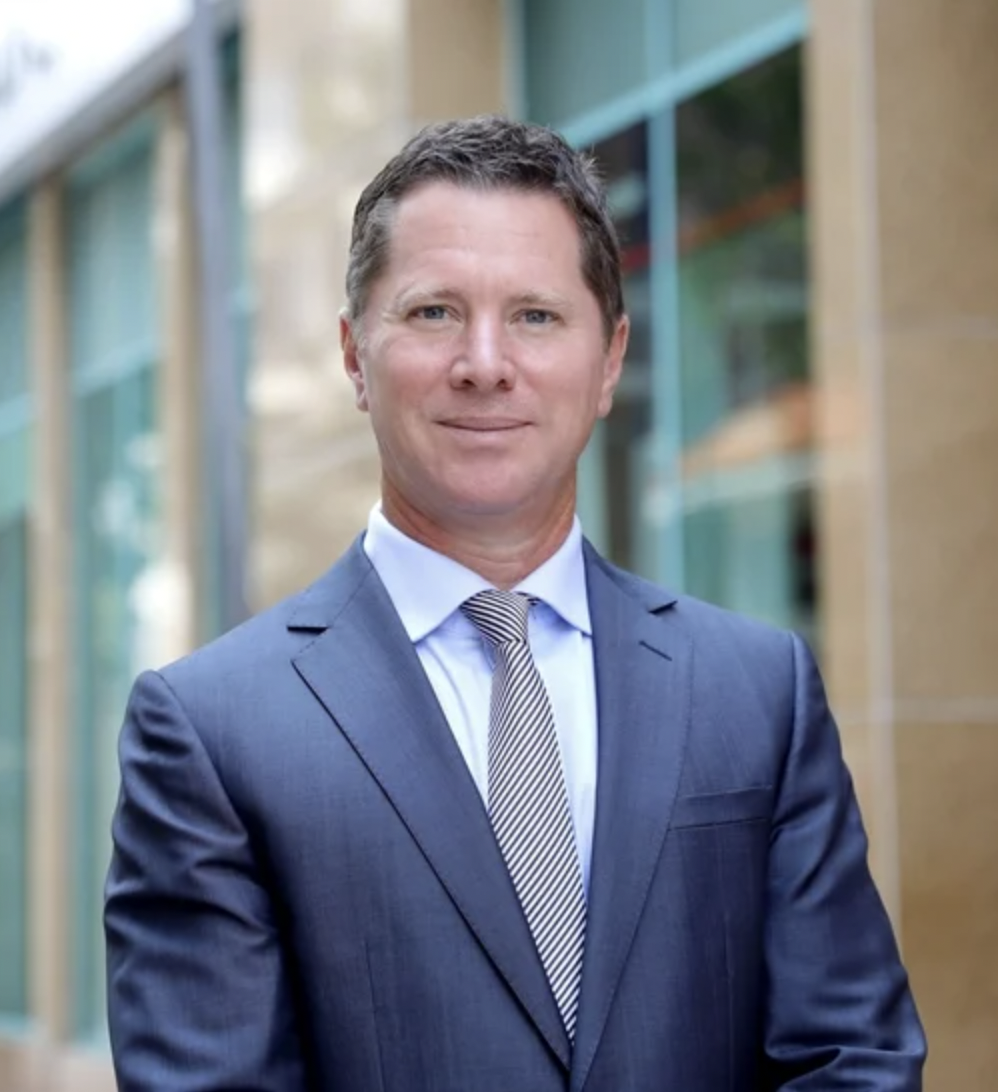
Mr. Tim Evans, CEO, HSBC
Even though the Vietnamese Government has worked hard on developing its legal framework, the lack of a detailed taxonomy, especially to define what is truly “sustainable” and “green”, remains a hindrance. Greater clarity on regulations would also reduce hesitation around large-scale sustainability projects that require complex financing solutions.
A second barrier is environmental, social, and governance (ESG) disclosure. With over 90 per cent of Vietnamese companies being small and medium-sized enterprises (SMEs), only listed companies are currently required to provide ESG performance and reporting data. Furthermore, much of this data is basic and lacks third-party verification. This, in turn, limits investor confidence, as the data is insufficient to derive accurate ESG ratings.
Additionally, Vietnam’s sustainability standards are not yet fully ready for future implementation. This means that financial institutions must rely on international standards and attempt to adapt them to the local market. However, these international standards are currently too advanced for most firms, which prevents them from accessing sustainable financing.
To improve financial policies that attract both public and private investors to support the green transition, Vietnam should focus on several key actions. For example, setting clear requirements for each credit instrument would allow banks to develop more robust green credit frameworks. Clear targets on green credit performance should also be established for each bank, such as setting a specific percentage of outstanding green loans relative to their total lending book.
Vietnam should also consider increasing credit growth quotas for green sectors. Providing incentives to motivate banks in their green transition could include offering a higher general credit growth cap to banks that meet or exceed green targets, and a lower cap for those that do not. Lowering the Required Reserve Ratio for green loan balances could also serve as a powerful tool to encourage green market growth.
Furthermore, Vietnam should develop an enhanced framework for green capital market instruments. Currently, the State Securities Commission (SSC)’s handbook, which guides the issuance of green bonds, is not a binding regulation. Introducing financial incentives for sustainable bond issuance, such as tax advantages, reduced regulatory fees, and other financial benefits, would help stimulate both domestic and international investor interest. For instance, Singapore launched the Sustainable Bond Grant Scheme in 2017 and the Green & Sustainability-Linked Loan Grant Scheme in 2021, effectively lowering barriers to entry for sustainable bond issuers.
Finally, Vietnam should consider blending public and private sector efforts to support the green transition. Partnerships between the public and private sectors can help “crowd in” additional private finance. The demand for finance is so great that the only path to success is through collaboration.
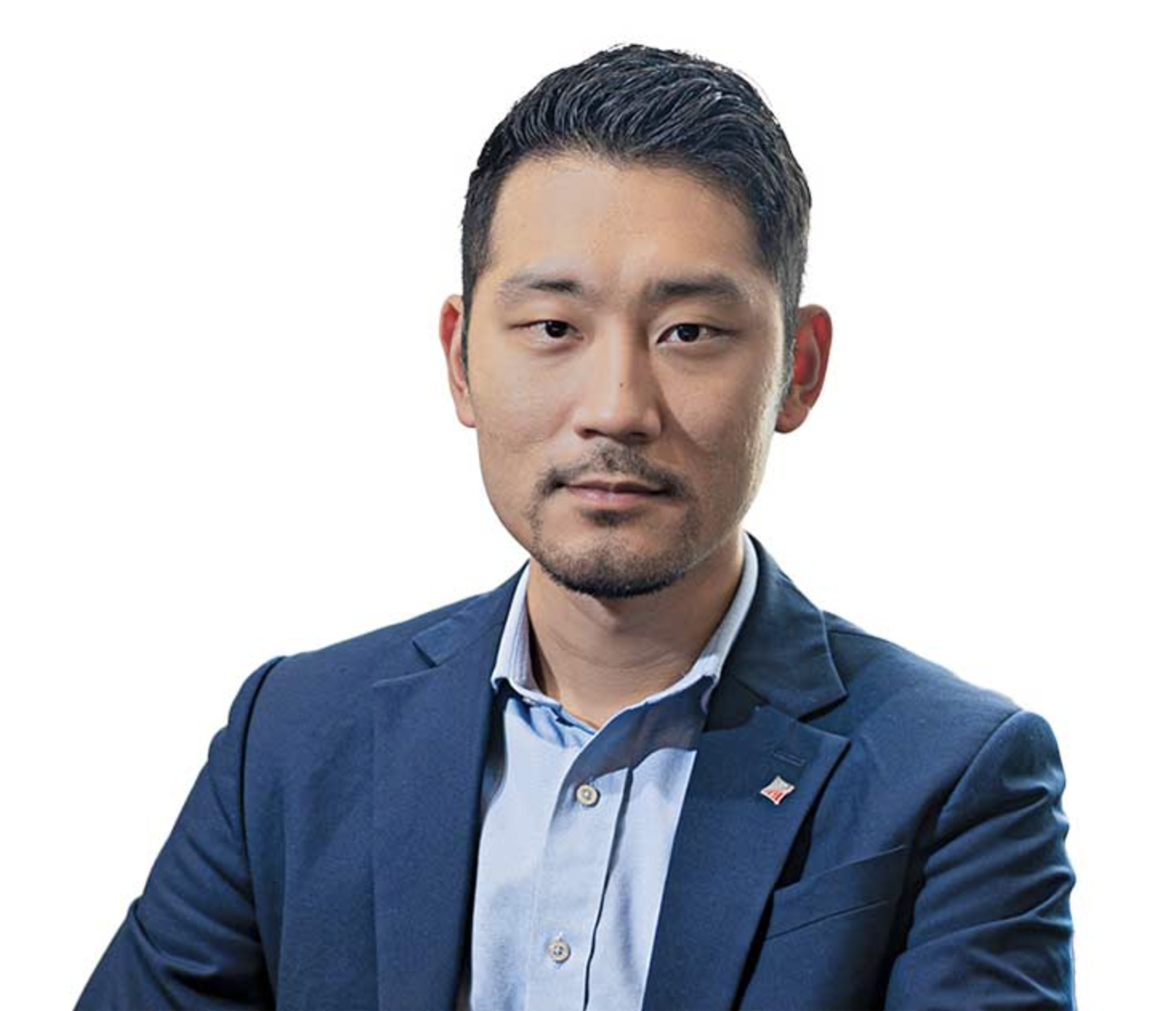
Mr. Edwin Tan, Deputy CEO, Frasers Property Vietnam, Managing Director, Industrial & Logistics (Southeast Asia)
Frasers Property Vietnam (FPV) is part of the Frasers Property Group, a multinational investor-developer-manager of real estate products and services across the property value chain with close to S$48.9 billion ($37.25 billion) in total assets under management (AUM). The Group has real estate footprints across 20 countries and territories and its significant Industrial & Logistics (I&L) business stands at more than S$15 billion ($11.42 billion) AUM across Australia, Europe, and Southeast Asia, predominantly in Thailand, Vietnam, and Indonesia.
In Vietnam, FPV currently operates over 300,000 sq m of built-up industrial and logistics space in southern Binh Duong province and northern Bac Ninh, Hung Yen, and Quang Ninh provinces. With a strong growth trajectory, FPV is on track to reach nearly 1 million sq m by 2028. Expanding beyond its industrial and logistics roots, FPV’s portfolio now includes premium commercial real estate, exemplified by Melinh Point. This Grade-A office building in District 1, Ho Chi Minh City. FPV has also made a strong mark in the residential sector with Q2 Thao Dien, a high-end residential and mixed-use development. Fully handed over to residents, the project now features active management of its commercial components, including Worc@Q2, a modern high-rise office tower.
Real estate contributes nearly 40 per cent of carbon emissions globally and over 70 per cent of a city’s emissions. Hence, sustainability has always been a key area of focus for Frasers Property. We embarked on our sustainability journey in 2006. Across the real estate lifecycle, we must lead and act as a responsible investor, developer, and manager.
We are committed to achieving net-zero carbon emissions for the build environment, creating lasting share value for people, the planet, and society. We are making progress on environmental, social, and governance practices (ESG) on different fronts, from sustainable innovation to green certification and climate adaptation. Frasers Property is the first SGX-listed company to fully commit to net-zero carbon emissions by 2050, encompassing Scope 1, 2, and 3 emissions. In Vietnam, we are the first real estate company with SBTi-approved targets. Our goal is to install 215 MW of renewable energy capacity on our properties by 2030 (~15MW in Vietnam).
Frasers Property is driving innovative solutions for an effective and sustainable energy transition, supporting Vietnam’s ambitious net-zero goal to create lasting positive impact. Our Industrial Service Centre (ISC) is a first-of-its-kind in Vietnam, and we build an ISC in every industrial development, offering a diverse range of amenities to enrich industrial life.
Last but not least, we are advancing the agenda on responsible investment. One of our sustainability goals is to finance the majority of our new sustainable asset portfolios with green and sustainable financing by 2024. To date, the Group has secured approximately $15.1 billion in green or sustainability-linked loans and bonds. Frasers Property is one of the largest issuers of green and sustainable financing among SGX companies. This makes us more attractive to the increasing number of investors and partners that consider ESG factors when making investment decisions. Banks have also accelerated strong support for green loans versus traditional loans as part of their commitment to make their portfolio more sustainable.
This ongoing dedication, guided by a consistent strategy, will bring meaningful and lasting positive impact.

Ms. Thai Huong, Founder and Chairwoman, TH Group Strategy Council
Vietnam hosting the P4G Summit 2025 is a clear testament to the country’s increasingly prominent role in global efforts to promote green growth and sustainable development. In particular, this year’s theme of “Sustainable and People-Centered Green Transition” resonates fully with the development philosophy the TH Group has adhered to since its inception.
We firmly believe that true development is only sustainable when it is based on “Mother Nature”, respecting the laws of nature and putting people at the core. That’s why we have built a complete, closed-loop high-tech agricultural ecosystem, where advancements in AI, global big data, the green economy, and the circular economy are applied thoroughly.
Mastering technology and data not only helps TH optimize costs and improve productivity, but more importantly enables us to create clean, entirely natural products that meet international standards, earning the trust of domestic consumers and being embraced globally. This model has helped us maintain double-digit growth rates, even during difficult periods such as economic crises and global pandemics.
More importantly, this is a model that contributes to shaping a sustainable agricultural economy and a green and circular economy, restoring the greenness of the land and nature, using resources efficiently, and simultaneously creating sustainable livelihoods for farmers. As a result, farmers are no longer outsiders but become a key link in the modern value chain.
Today, the green economy, combined with innovation, is not just a trend but truly brings practical and long-lasting benefits. However, for this trend to spread widely and have profound effects, the role of public-private cooperation is extremely important.
First, we need strong, coherent, and appropriate policies to lead businesses and encourage “pioneers” in each field.
Second, we need to promote the building and sharing of data between businesses. Linking and sharing experiences is the shortest path to integrating technology into production and business processes, creating an ecosystem of mutual learning and development.
Third, economic development must go hand-in-hand with improving the quality of life and physical well-being of the people. Investment in high-tech agriculture, the green economy, and the circular economy not only brings clean, nutritious products but also strategically invests in preventive healthcare, public health, future generations, and national sustainability.
I believe that with the ambition to rise, with an innovative foundation, and the collaboration of the entire ecosystem, Vietnam will successfully seize the opportunities presented by Industry 4.0, realizing the goal of green growth and making strong strides forward into a “New era - the era of the nation’s rise”.

Ms. Le Thi Hong Nhi, Deputy General Director of Communications, External Affairs and Sustainable Development, Unilever Vietnam
In the context of Vietnam actively promoting green transition through progressive policies such as the National Action Plan for the Circular Economy, the Law on Environmental Protection 2020, and the Extended Producer Responsibility (EPR) system, we see this as the ideal time for the private sector to play an increasingly proactive and profound role in creating sustainable solutions.
One of the greatest challenges facing both the world and Vietnam is the issue of plastic waste. With strong determination, the Vietnamese Government has implemented a host of important initiatives, including the National Action Plan on Marine Plastic Debris Management, with the goal of reducing 75 per cent of plastic waste entering the oceans by 2030, and gradually eliminating single-use plastics in coastal areas. Vietnam is also the first country in ASEAN to adopt mandatory EPR, requiring that producers and importers be responsible for managing the lifecycle of their products and packaging.
In response to the government’s call, since 2020, Unilever Vietnam has been a pioneer in collaborating with the Ministry of Agriculture and Environment to establish “Public-Private Collaboration (PPC) to Promote a Circular Economy for Plastic Waste” and many other sustainable development activities.
However, the green transition process still faces many barriers. The infrastructure for waste segregation at the source is not yet complete, recycling technology, particularly for flexible plastics, is still limited, while policies have not yet strongly encouraged the use of recycled materials. EPR, though a significant step forward, still requires adjustments to better support the domestic recycling industry.
To overcome these challenges, we hope that Vietnam can accelerate technological innovation and support local innovators through multilateral cooperation models between educational institutions, startups, small and medium-sized enterprises (SMEs), and global corporations.
At the same time, it is essential to strengthen the policy framework to develop a high-quality recycling industry, particularly by adding mechanisms to encourage the use of recycled plastics in EPR regulations to ensure stable outputs for the domestic recycling industry. The effective use of the Environmental Protection Fund from EPR fees is crucial to fund new technologies, support startups, and drive the application of creative solutions in the recycling sector. Investment in waste sorting and collection infrastructure at the source is also a vital foundation to build a sustainable circular economy ecosystem.
The journey to a green transition cannot be led by one side alone; only when the public and private sectors truly accompany each other, with mutual commitment and joint action, can innovation become a practical driver for sustainable development.
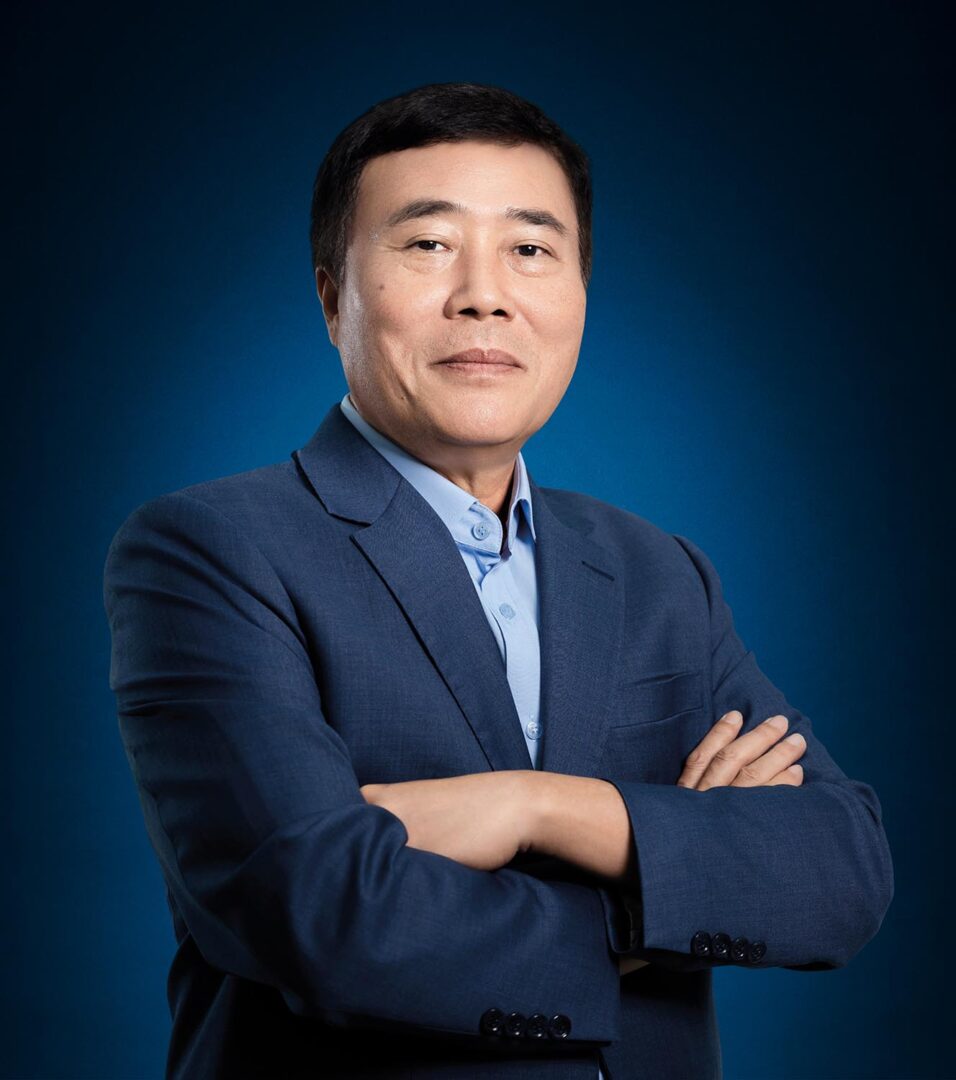
Mr. Truong Sy Ba, Chairman and CEO, Tan Long Group
Green and sustainable agriculture is becoming an urgent requirement in the face of climate change impacts, market volatility, and shifting consumer trends. Future food security is not just about quantity, but about being “Sufficient - Right - Sustainable”. In recent years, I have observed clear interest from our partners and customers in clean production processes that meet environmental, social, and governance (ESG) criteria or certifications for sustainable farming practices. I believe that investing in ESG and sustainable agriculture is an investment in the future, where product quality, consumer health, farmers’ rights, and the stability of ecosystems are all placed at the center.
In line with the global trend of green transformation, we proactively participate and accompany government and international organizations’ sustainable farming programs. Notable examples include the One Million Hectares of High-Quality, Low-Emission Rice project, led by the Vietnamese Government, or the “Transforming the Rice Value Chain to Combat Climate Change and Move Towards Sustainable Development in the Mekong Delta” project, funded by the Embassy of Australia in Vietnam and the Netherlands Development Organisation (SNV), in cooperation with the International Finance Corporation (IFC). This is a strategic direction aimed at creating modern agriculture that is climate-resilient and develops harmoniously with the ecological environment in Vietnam.
We do not follow a path that focuses on production volume at the cost of depleting resources for the future. Tan Long’s practical model is one of “from root to tip”, from production to finished products with traceability, ensuring quality control according to international integration standards.
Currently, Vietnam is facing a huge and transformative opportunity in the journey of food system transformation, opening the door to an era of sustainable, inclusive, and climate-resilient development. This is not only an inevitable global trend but also a driving force for Vietnam to redefine how we produce, distribute, and consume food in a greener, safer, and more efficient manner. If we take advantage of this moment, we can build an intelligent agricultural ecosystem that ensures food security, enhances the value of Vietnamese agricultural products in international markets, and improves the livelihoods of millions of rural people.
With the achievements from our business practices and production, along with our ambitious goals, we are committed to continuously striving to develop green and sustainable agricultural models, contributing effectively to the common goal of creating a sustainable and flexible food system for the future in the context of sustainable development trends in Vietnam.
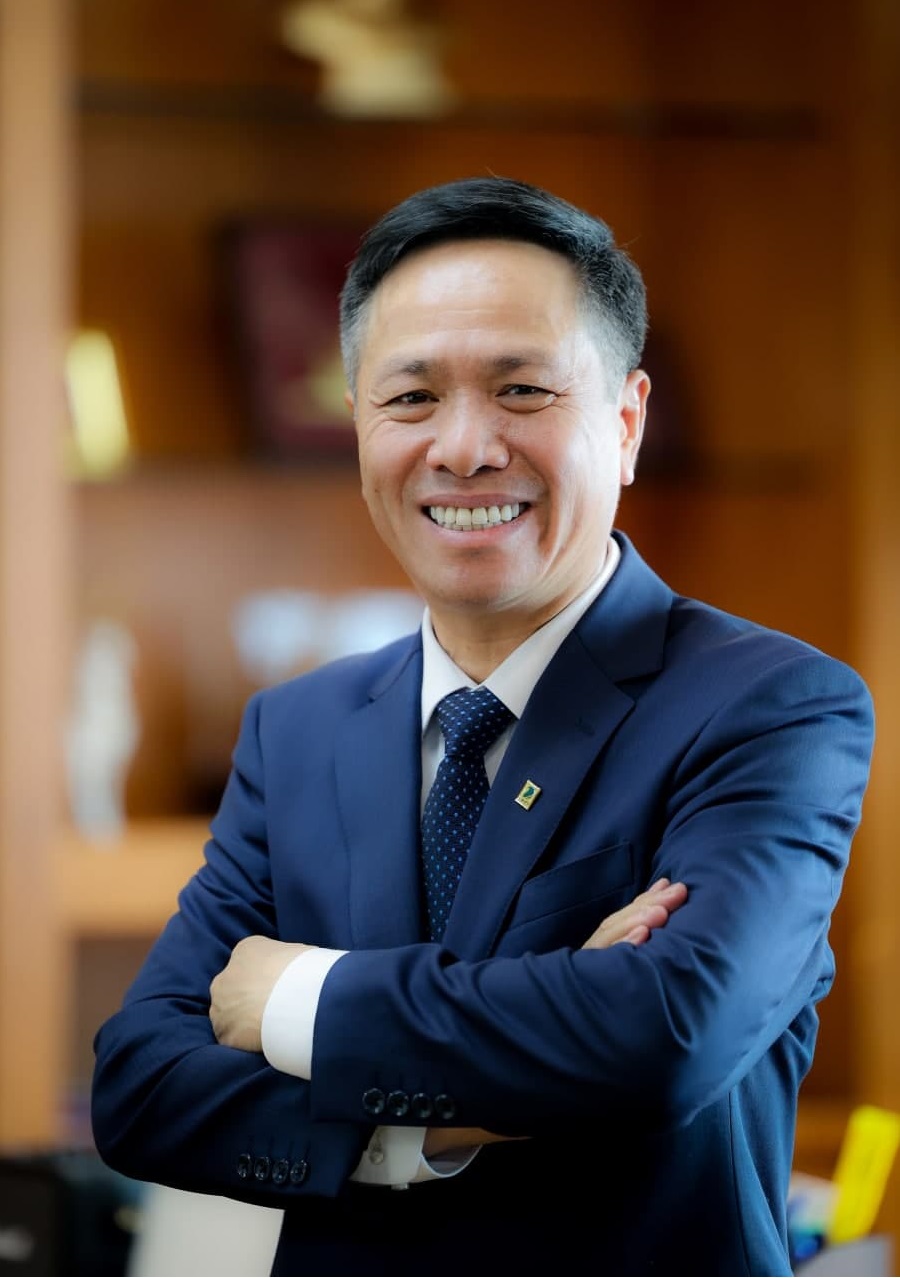
Mr. To Dung Thai, Chairman of the Member Council, Vietnam Posts and Telecommunications Group (VNPT)
The world is undergoing a strong transformation, opening a new era where technology, the environment, and people develop harmoniously, all heading towards a green and sustainable future. In this context, green transformation and innovation are no longer strategic choices but have become prerequisites for countries and businesses to survive, grow, and establish their position on the global map.
Seizing this inexorable trend, we have not only chosen to participate but also proactively taken on the role of leading the green transformation and innovation process in Vietnam. With a long-term vision, we see green transformation as the foundation for sustainable development, realized through the use of clean energy, reducing emissions, limiting pollution, and protecting the living environment.
In the field of information technology and telecommunications, this direction is embodied by the development of green infrastructure and smart infrastructure, such as energy-efficient data centers, renewable energy applications, and the integration of environmentally-friendly cloud computing solutions.
In line with Resolution No. 57 from the Politburo on breakthroughs in science, technology, innovation, and national digital transformation, we have identified three key tasks. First, to accelerate investment in research and development (R&D), focusing on strategic technologies such as AI, big data, the Internet of Things (IoT), 5G, and 6G, to create a foundation for innovation and enhance competitiveness.
Second, to build and deploy modern digital infrastructure, including 5G networks, large-scale data centers, and national digital platforms, to meet the needs of comprehensive digital transformation. Third, to develop a high-quality digital workforce through in-depth training and attracting domestic and international talent, ensuring the ability to sustainably implement technological strategies.
Sustainable development is not only a long-term vision but also a core strategy, demonstrated through specific actions and clear responsibilities towards the country and the future. We are committed to working alongside the government, international partners, and the business community to turn today’s aspirations into tomorrow’s reality in the journey of green transformation and innovation.


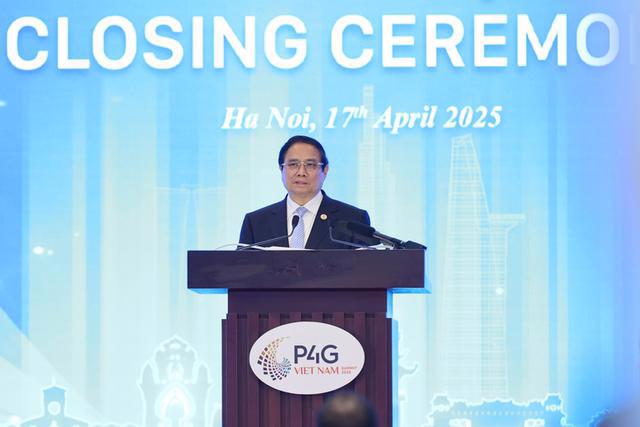






 Google translate
Google translate